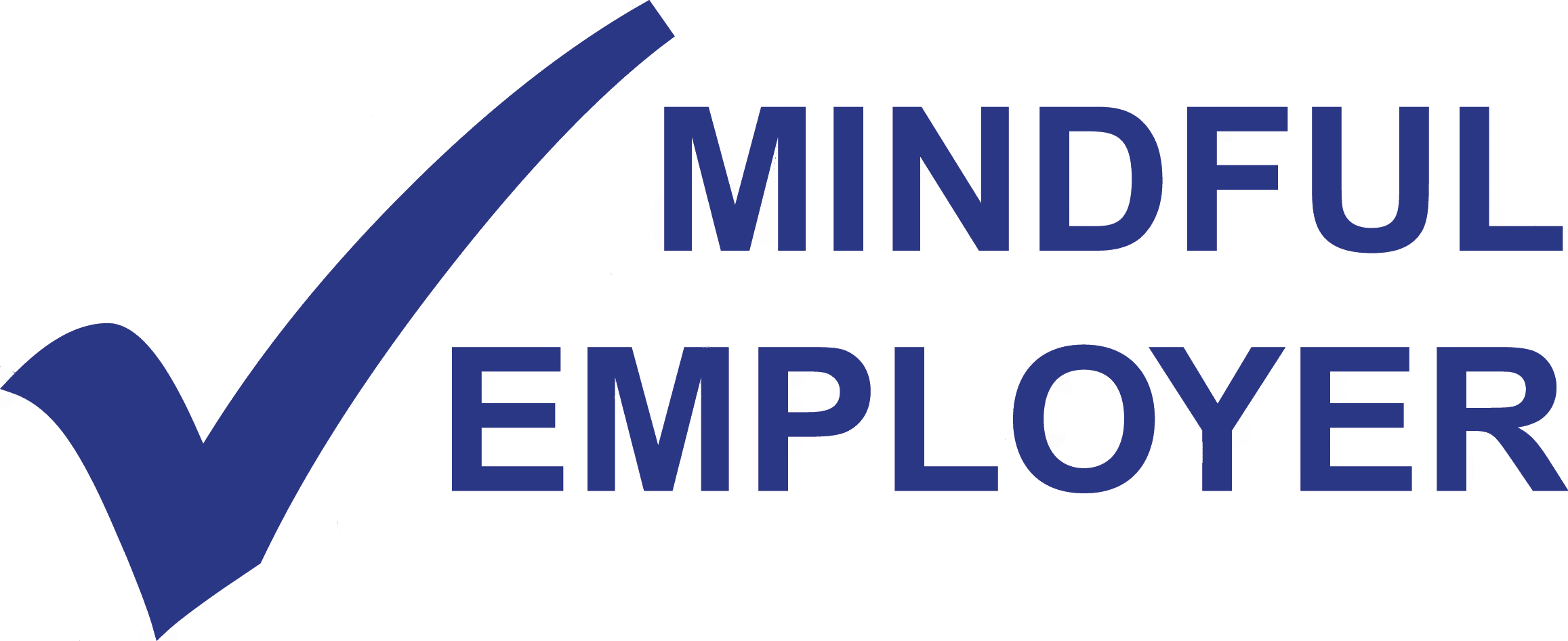This newsletter has been written in conjunction with Lexxic Ltd. They have kindly provided the background information regarding cognitive and neurological differences, as well as a Case Study.
Lexxic is a consultancy that specialises in providing services to adults in the workplace with a wide range of cognitive difficulties including (but not limited to); dyslexia, dyspraxia, dyscalculia, stroke and acquired brain injury
Cognitive or neurological differences occur when an individual shows characteristics that act as a barrier in cognitive processing, in other words, their thinking. This can include problems with; listening, understanding and retaining information; short-term visual memory; visual-spatial coordination and processing.
One increasingly well-known and commonly talked about cognitive difficulty is dyslexia. In a nutshell, dyslexia is a specific learning difficulty, which affects the way an individual processes information. For instance, it can affect the ability to process the sounds of language (phonological skills), track a series of numbers (visual processing skills), and generally processing information quickly and accurately (working memory). As a result, dyslexia hinders the acquisition of adequate literacy skills, such as reading, writing and spelling. It is estimated that 1 in 10 people in the UK have dyslexia and that 1 in 4 has it severely.
Another less well known specific learning difficulty is dyspraxia, also known as Developmental Co-ordination Disorder (DCD). This is an impairment in the ability of an individual’s organisation of movement and motor co-ordination. It is typically displayed as clumsiness and can significantly impact on a person’s everyday life. About 10% of people in the UK show symptoms of dyspraxia and about 2% of that to be severely affected. Dyspraxia is four times more likely to affect males than females. Cognitive difficulties, such as dyslexia and dyspraxia, are often referred to as ‘hidden disabilities’
Individuals can also experience difficulties due to an acquired brain injury following illness or trauma or a stroke.
Another issue can be dementia arising from for example alcohol abuse or due to age related dementia.
The common theme in all these areas is for the employer and employee to understand what this means in the context of their job role.
When are cognitive difficulties an issue for the employer?
From an employers’ point of view when they affect work. For example someone can have dyslexia but have developed coping strategies to effectively manage their work.
However if they move into a new job role or their role perhaps has some new duties, at that stage the dyslexia can become a problem.
Dyslexia, Dyspraxia and other such conditions can also be worse at times of stress or change. Tiredness and illness can also affect them. Individuals can also be very vulnerable to depression, stress and anxiety due to feelings of frustration and worthlessness.
An individual may return to work following a stroke. They may have been employed in a highly skilled and safety critical role. In this case the employer may need to seek advice as to how the employees’ functionality is impaired and also is this likely to be temporary or permanent.
Who can provide this help?
Primary medical care and occupational health can only provide a limited amount of help. In particular they can assist with dementia and provide general advice following for example a stroke.
However in order to really understand the type and extent of an employee’s issues specialist advice needs to be sought. This is where organisations like Lexxic can assist as well as the various charities associated with specific conditions.
It needs to be considered that such detailed investigations and functional assessments can be very expensive both in money and time. They can be very valuable and worthwhile in allowing the employer and employee to understand possible workplace adjustments. However, there is a caveat. Neurological differences will remain – individuals can learn coping strategies and excellent ways to improve performance, but the underlying condition will be present.
Therefore if the job role is a poor fit in the first place terrible stress can be placed on the employee and the company has the high risk factor of an employee who is simply incapable of the job role.
If the above sounds somewhat pessimistic I would like to conclude with a case Study described by Lexxic. This gives a good idea of the type of support that is available.
Case study by Lexxic
Meet Frank; he works in finance as a business advisor and he has recently been diagnosed with dyslexia. This involved being assessed by a Lexxic Assessor who administered a Dyslexia Diagnostic Assessment (DDA).The DDA encompassed a battery of cognitive tests that investigated abilities such as phonology, memory, reasoning, perception; and attainment tests which measured reading skills, comprehension, recall, spelling and structuring written work. A history was also taken of Frank to acknowledge his strengths and areas for development. Following the assessment, a comprehensive report was produced, which informed of the results of the dyslexia diagnosis. It identified that Frank is very creative and he is particularly good at thinking outside of the box. It highlighted that he tends to process information holistically, and thus can see the bigger picture. These qualities mean that he is creative and is good at suggesting new ideas and ways of working. The report identified that Frank has difficulties processing sounds in words, and when he is reading he may spell words phonetically, i.e. as they sound, which means he makes frequent spelling errors. It also identified that although Frank knows what he wants to write, and can talk about it fluently, he struggles to transcribe his thoughts on paper. This means that it takes him longer than his peers to write reports, resulting in him taking work home to complete since he struggles to finish it within the working day.
The DDA made recommendations for managing Frank’s difficulties within the workplace, which included him undergoing a workplace needs assessment. This consisted of an open-ended discussion between Frank and the Assessor about his job role and the difficulties that he experienced on a day to day basis. Frank was observed by the Assessor within his working environment and a review was conducted of the current equipment that he has to support him. This assessment informed a report detailing recommendations that were tailored to suit Frank’s specific needs, such as strategies to support him with reading, spelling and memory. The report showed that Frank generally performs well in his job role and he is good at building customer relationships. It was also identified that Frank has problems with accuracy when copying information from one document to another. One recommendation that the report suggests is to have two interlinked computer screens to support in the accuracy of information transfer from one source to another.
A further recommendation from the workplace assessment was that Frank underwent Lexxic’s 1-2-1 support training. This involved creating tailored interventions to help him cope with his difficulties in the workplace. For example, Frank was taught a series of strategies to improve his skills and minimise his difficulties with reading, writing and memory. Frank now puts these new strategies into practice and soon finds that the difficulties he was experiencing slowly begin to fade and he no longer has to work longer hours because he is managing his workload more effectively.
End of case study.
The Equality Act 2010.
Our view would be that it is highly likely that the Equality Act 2010 would apply in cases where neurological differences are causing difficulties. However adjustments need to be reasonable. For example if someone is simply not capable of understanding directions and has no sense of direction (As can be the case with for example Dyspraxia) they should not be a London Cab Driver.
As Occupational Health providers, we help ensure that you and your employees are compliant with our health surveillance and safety critical medicals.
Call us today and take the first step to a safer work environment.




